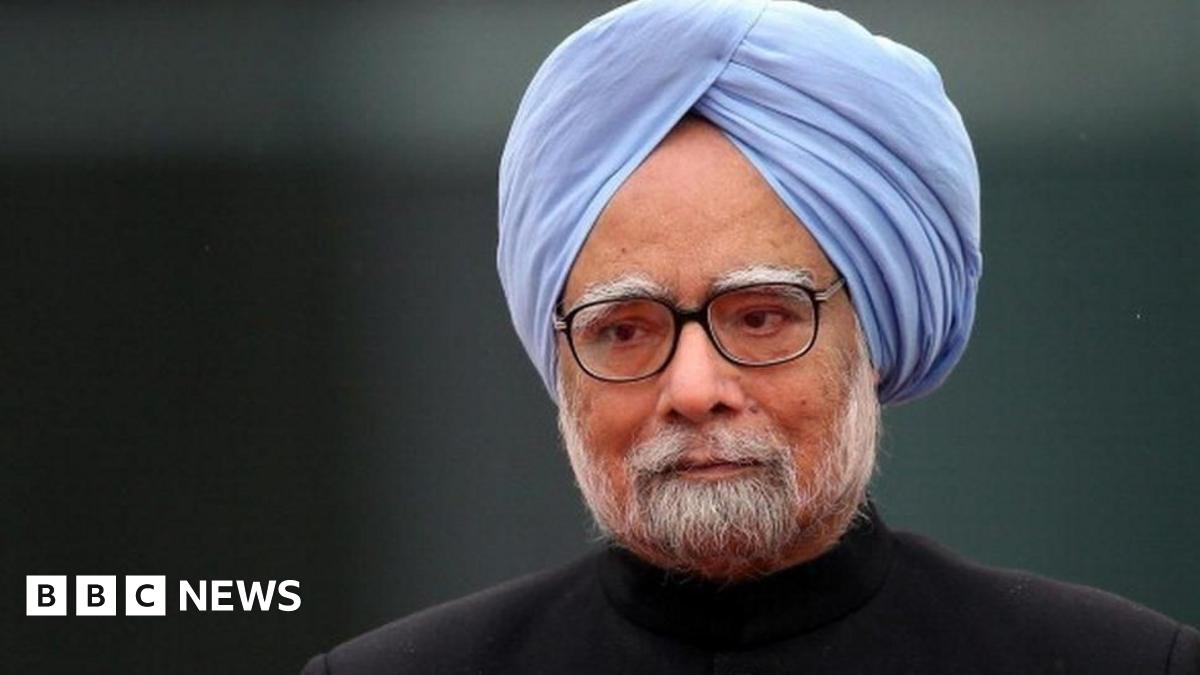On a recent weeknight at this bar in northeast Portland, fans downed pints and burgers as college women’s lacrosse and beach volleyball matches played on big-screen TVs. Memorabilia autographed by female athletes covered the walls, with a painting of U.S. soccer legend Abby Wambach mounted above the chalkboard beer menu.
The Sports Bra is a pub where women’s sports are celebrated — and the only thing on TV.
Packed and buzzing with activity, the bar has successfully tapped into a meteoric rise of interest in women’s sports, embodied most recently by the frenzy over University of Iowa basketball phenomenon Caitlin Clark’srecords-smashing feats.
Just two years after opening, the bar announced plans this week to go nationwide through a franchise model.
“Things have happened at light speed compared to what my forecast was,” founder and CEO Jenny Nguyen told The Associated Press. “This tiny spot that I built for my friends and I to watch games and give female athletes their flowers means so much more. And not just to me, but to a lot of people.”
Under the plan, bars and entrepreneurs elsewhere will be able to apply to use The Sports Bra brand for their franchises. Nguyen is open to working with people who already have a physical space, as well as those who may only have a business plan. What matters, she said, is that the potential future partners share The Sports Bra’s values.
One aspiring partner is Jackie Reau, who hopes to open a franchise in Cincinnati, where she works as the CEO of a media and marketing agency. During an interview at The Sports Bra, where she happily watched her college women’s lacrosse team on one of the TV sets, she said such establishments “celebrate women’s sports and the champions and the athletes behind the story.”
“It’s exciting to see it grow and gain such popularity,” Reau said of the bar. “It’s just such a moment right now for women’s sports.”
The expansion will be boosted by funding from a foundation created by Reddit co-founder Alexis Ohanian, who is married to tennis legend Serena Williams. Nguyen said she already has received hundreds of inquiries.
Interest in women’s sports is at an all-time high, helped by Clark’s exploits this year, when she shattered all-time NCAA scoring records for women and men. The championship game between Iowa and South Carolina on April 7 drew 18.9 million viewers on average, surpassing the audience for the men’s title match for the first time.
A week later a record 2.45 million viewers on average tuned in to the WNBA draft to watch as Clark went to the Indiana Fever as the No. 1 pick. This week it was reported that she was set to sign a $28 million deal with Nike that would be the richest sponsorship contract for a women’s basketball player.
The rise in interest is not just for women’s basketball, but other sports as well. The 2023 Women’s World Cup reported record attendance with nearly 2 million fans. A University of Nebraska volleyball game played in a football stadium drew more than 92,000 people last August, a world record for largest attendance at a women’s sporting event.
“It’s sort of in this pinnacle moment where eyeballs are plentiful,” said Lauren Anderson, director of the Warsaw Sports Business Center at the University of Oregon. “It’s just been an alignment of many things that has created this incredible moment for women’s sports that seems to be more than just a flash in the pan.”
As the fan base and engagement grow, so too does the appetite for changing a sports bar culture that has traditionally catered to men’s athletics. Other establishments like The Sports Bra have recently opened elsewhere: A Bar of Their Own began operating in Minneapolis earlier this year, and Seattle’s Rough & Tumble launched in late 2022.
Sports bars have not always been welcome spaces for women, Nguyen said. A fan since childhood, she would gather groups of friends to go because she didn’t feel safe going by herself. She recalled encountering macho environments that made her uncomfortable, and bartenders who refused to change the channel to a women’s game.
“That was just what we settled with,” she said. “When I wanted to push back and kind of flip the status quo, that’s when I really started to dig in on how The Sports Bra could matter and change the narrative on sports bars.”
One memory in particular stands out for Nguyen from her time as proprietor: Serena Williams’ last match, in 2022. A massive crowd showed up to watch, spilling over onto the the sidewalk. People outside cupped their eyes with their hands as they peered through the windows to see the screens.
“When Serena would score a point, I swear to God, I thought the glass was going to shatter. My eyeballs were rattling inside my head,” Nguyen said. “And then when they were volleying, I feel like you could hear a burger flip in the kitchen.”
Toward the end, she felt tears welling up. She passed two tissue boxes around for similarly weepy customers as everyone reveled in Williams’ last minutes on the court.
“I remember taking a deep breath and thinking, ‘I don’t know if there’s a single place on the face of the planet that is having this exact moment,’” Nguyen said. “It was amazing.”
Fans can still find it challenging to watch women’s sports games, because many are not broadcast on TV and require different streaming subscriptions, said Tarlan Chahardovali, an assistant professor in the University of South Carolina’s Department of Sport and Entertainment Management.
Women’s sports bars can be a reliable go-to for many events by having those subscriptions. But more broadly, Chahardovali said, much work remains to be done to ensure the media market doesn’t undervalue women’s sports.
“Today’s numbers are hard to ignore, and I think it’s a very exciting time,” she said. “But it’s a moment that needs to be maintained and sustained, and it needs continuous investment.”
Credit: Source link





![Top B2B Video Marketing Trends to Inform Your Video Marketing Strategy [+ Data & Expert Insight] Top B2B Video Marketing Trends to Inform Your Video Marketing Strategy [+ Data & Expert Insight]](https://www.hubspot.com/hubfs/video-marketing-b2b-1-20241223-8277275.webp)





